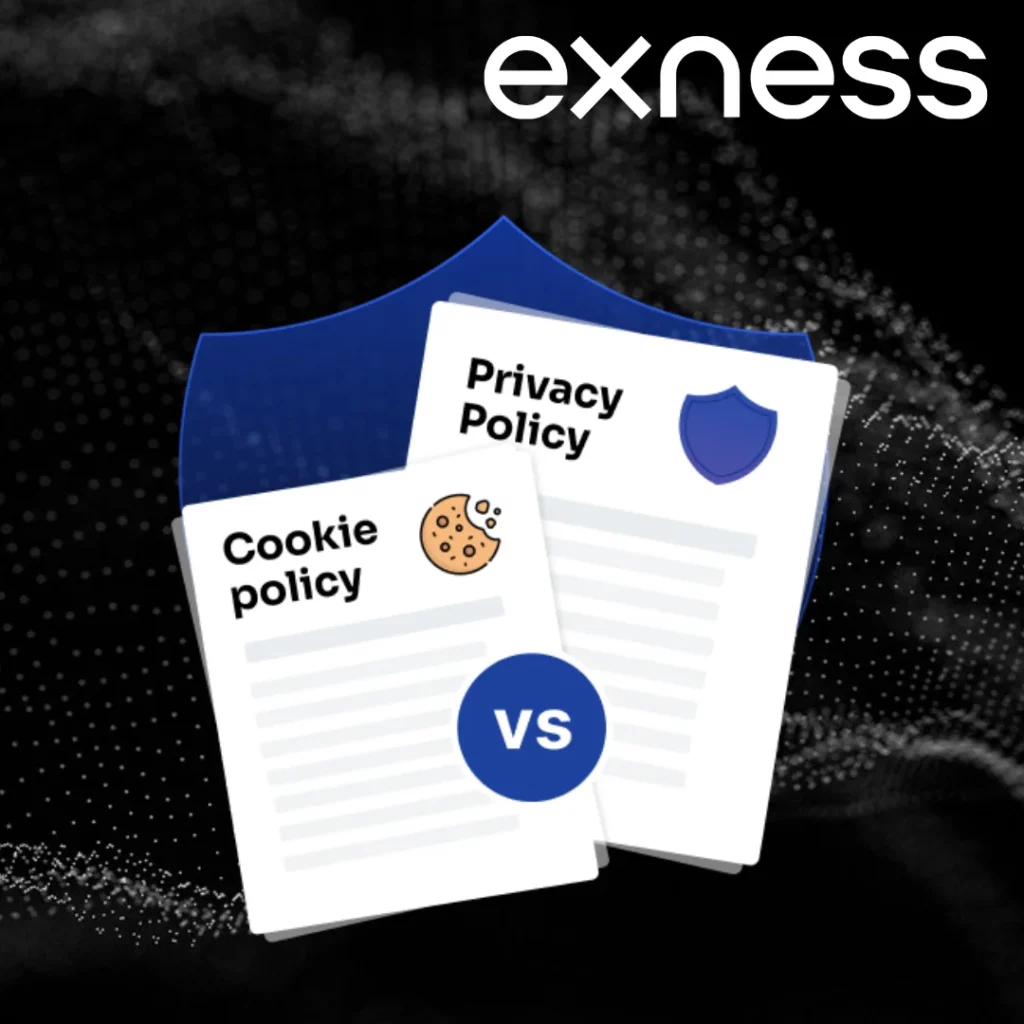What Are Privacy and Cookie Policies?
Privacy and cookie policies define how trading platforms handle personal information and track user behavior. These documents are not legal formalities—they explain how data is collected, stored, used, and protected. A robust policy demonstrates a platform’s commitment to transparency, while also outlining the responsibilities of users.
A privacy policy typically covers identifiable data, such as names, email addresses, and financial activity. A cookie policy, on the other hand, focuses on small data files stored in users’ browsers, often used for personalization, analytics, and session management.
Regulatory bodies worldwide have established strict standards around data usage. Brokers operating globally are required to adopt clear, lawful practices for handling client information. For users, these policies provide clarity on what’s being tracked, how it’s used, and the options available to manage it.

How Trading Platforms Use Personal Data
Trading platforms collect and process a variety of data to enable account management, order execution, platform performance monitoring, and compliance with financial regulations. The breadth and depth of this data vary based on the platform’s features and the level of user interaction.
Types of Data Collected
The information collected generally includes:
- Personal identifiers: Full name, date of birth, address, and contact details.
- Verification documents: Passport or ID scans, utility bills, and bank statements for KYC procedures.
- Financial details: Payment method data, trading history, and account balances.
- Behavioral and technical data: Login patterns, browser type, IP address, and device specifications.
Depending on the trading activity, some platforms also gather details about investment experience, income level, and risk tolerance. This helps them assess the suitability of the products they offer to each user.
Data Usage for Trading Services
The data collected serves multiple practical purposes, including:

- Account verification and authentication: Before an account becomes fully operational, platforms must ensure that the user’s identity is legitimate. This is essential for fraud prevention and regulatory compliance.
- Order execution and account configuration: Platforms require specific trading account details to process market and pending orders accurately. Information such as preferred leverage, account currency, and order types are stored and processed for this reason.
- Transaction tracking and reporting: Deposits, withdrawals, and trading activity must be logged and made available for audit or legal review. This is a standard requirement in most regulatory jurisdictions.
- Client communication: Whether it’s market updates or important account notifications, contact information ensures effective communication between the platform and its users.
- Security monitoring: Monitoring patterns of access and trading behavior allows platforms to identify suspicious activity and prevent unauthorized access.
Personal data is not only central to how platforms operate but also critical to delivering customized and secure trading experiences.
Cookies in Trading Platforms
Cookies play a central role in how trading platforms function on the web. These small text files are stored on a user’s device and help platforms remember preferences, login states, and usage patterns. While they’re invisible in day-to-day use, their function has a direct impact on trading performance, security, and personalization.
Types of Cookies Used
Trading platforms typically use several types of cookies, each with a distinct purpose:
- Essential cookies: These are necessary for the platform to operate. Without them, users would be unable to log in, access dashboards, or use features like order entry. These cookies manage session IDs and security tokens.
- Analytical cookies: Used to monitor how users interact with the platform, such as time spent on certain tools or error messages triggered during sessions. This data helps identify performance issues and improve platform stability.
- Functional cookies: These cookies remember user preferences like language selection, chart settings, and interface layouts. They are vital for creating a consistent and personalized user experience.
- Marketing and third-party cookies: Sometimes used in web-based platforms to track referral links or measure the effectiveness of campaigns. While less relevant to desktop trading terminals, these are common in browser-based systems.
How Cookies Impact User Experience
Cookies affect nearly every aspect of user interaction on a trading platform. For example:
- Faster login sessions: Users remain logged in across sessions or don’t need to re-enter account details every time.
- Customized interfaces: Chart types, drawing tools, and indicators are often remembered by functional cookies, so they don’t reset when a session ends.
- Platform stability: When developers review usage metrics collected by analytical cookies, they can identify and fix problems quicker, leading to a smoother trading experience.
- Reduced friction in trading operations: Saved settings eliminate the need for repetitive manual adjustments during high-pressure market events.
While cookies are generally useful, users still have control over them. Most trading platforms allow limited cookie customization, especially through browser settings or privacy dashboards.
User Rights and Data Protection
Respecting user rights is a central aspect of data handling on regulated trading platforms. While data collection is necessary for operations, it must be balanced with the trader’s ability to view, control, and manage that information. Most platforms outline these rights in their privacy documentation, aligning with global data protection laws.
Accessing and Managing Personal Data
Users typically have the right to:
- View their stored data: Most platforms allow users to access personal data stored in their profile—such as name, email, account settings, and trading history.
- Edit or update information: If any detail is outdated or incorrect, users can request changes through secure platform interfaces or customer service channels.
- Request data deletion: In some regions, users may have the right to request partial or complete deletion of their personal data, subject to retention rules related to compliance or fraud prevention.
- Export personal information: For portability purposes, certain platforms allow users to export trading logs, account statements, and verification documents in structured formats like PDF or CSV.
- Submit complaints or data requests: Platforms often include procedures for submitting data-related concerns. These are typically handled through secure channels and governed by internal review timelines.

Options for Cookie Preferences
Most trading platforms—especially browser-based ones—offer users some degree of control over cookie use. Depending on the system, cookie settings may be managed through:
- Privacy settings inside the trading interface: Some platforms include internal menus that allow users to toggle on/off categories like analytics or marketing cookies.
- Browser-level cookie control: For users accessing platforms via Chrome, Firefox, or Safari, cookie settings can be adjusted through browser privacy menus. This includes blocking third-party cookies or clearing site-specific data.
- Opt-out features for third-party tracking: Where external cookies are used for tracking or analytics, platforms sometimes provide opt-out links in their cookie policy.
It’s important to note that disabling certain cookies—particularly those essential for login or order processing—can affect platform functionality.
Security Measures for Data Privacy
In online trading, where transactions occur in real time and sensitive data is exchanged constantly, security is more than a feature—it’s a foundational requirement. Trading platforms are responsible for maintaining robust security frameworks to prevent unauthorized access, data theft, or system breaches. These measures protect both the platform’s infrastructure and the trader’s account information.

